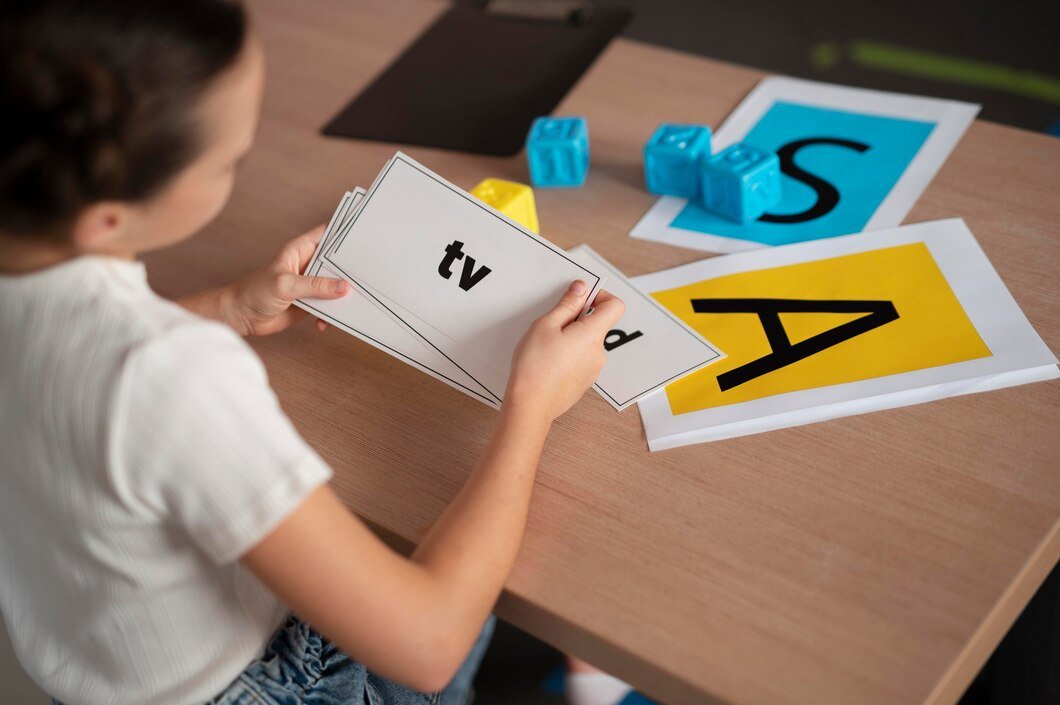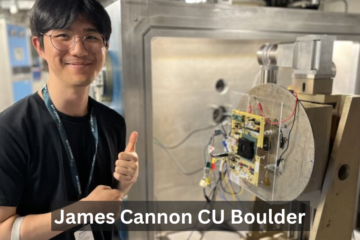When it comes to studying effectively, flashcards are one of the most efficient tools available. Whether you’re preparing for an exam, learning a new language, or memorizing key facts, flashcards offer a simple yet powerful method for improving memory retention and mastering complex concepts. Their versatility and ease of use make them a study secret for learners of all ages and levels. In this article, we’ll explore why flashcards are so effective and how to use them to maximize your study sessions.
Why Flashcards Work: The Science Behind the Method
Flashcards tap into two essential learning techniques: active recall and spaced repetition. These methods have been proven to significantly improve the retention of information and help learners recall material more easily over time.
1. Active Recall
Active recall is the process of actively retrieving information from memory, which helps reinforce neural connections. When you use flashcards, you’re forcing your brain to recall the answer to a question rather than passively reading or highlighting notes. This mental effort strengthens your memory, making it easier to recall the same information later.
2. Spaced Repetition
Spaced repetition involves reviewing material at increasing intervals over time. Instead of cramming all the material in one sitting, spaced repetition allows your brain to revisit and reinforce information before it fades from memory. This method is especially useful for long-term retention, ensuring that what you learn today stays with you for the future.
The Benefits of Using Flashcards
Flashcards are more than just a tool for rote memorization. They offer a wide range of benefits that make them suitable for all kinds of learners, from students to professionals.
1. Customizable for Any Subject
Flashcards can be used to study any topic, from vocabulary words and historical dates to scientific formulas and technical skills. They can be easily customized to suit the specific needs of the learner.
2. Portable and Convenient
Flashcards are incredibly portable, whether you use traditional paper cards or digital versions. You can study them anywhere, making it easy to fit in short study sessions on the go.
3. Encourages Active Learning
Because flashcards require active engagement, they help learners stay focused and involved in the material. This makes studying more efficient and less monotonous.
4. Supports Self-Paced Learning
Flashcards allow learners to review material at their own pace, spending more time on difficult concepts while breezing through topics they already know. This flexibility ensures that each study session is personalized and effective.
How to Use Flashcards for Maximum Results
To get the most out of your flashcards, it’s important to use them strategically. Here are some tips to help you create effective flashcards and incorporate them into your study routine:
1. Keep Flashcards Simple
Each flashcard should focus on one concept or question at a time. Overloading a card with too much information can make it difficult to absorb the material and recall it later. Stick to clear, concise questions and answers for maximum effectiveness.
2. Use Active Recall
When reviewing your flashcards, challenge yourself to recall the answer before flipping the card over. This process forces your brain to engage with the material, reinforcing the connections needed to retain the information.
3. Incorporate Spaced Repetition
Instead of reviewing all of your flashcards in one session, space out your reviews over time. Flashcards that are difficult should be reviewed more frequently, while easier concepts can be reviewed less often. This method ensures that you spend the most time on the material you need to master.
4. Shuffle Your Cards
Regularly shuffling your deck of flashcards helps prevent you from memorizing the order of the cards rather than the content itself. By keeping your brain challenged, you’ll retain the information more effectively.
How to Use Anki Flashcards for Digital Learning
For those looking to take their flashcard studies to the next level, digital flashcard apps like Anki offer a highly effective solution. How to use Anki flashcards can revolutionize the way you study by incorporating spaced repetition technology into your routine. Anki’s algorithm schedules your flashcard reviews based on how well you know the material, ensuring that you focus more on difficult concepts and less on the information you’ve already mastered.
Key Features of Anki:
- Spaced Repetition: Anki automatically schedules reviews at optimal intervals, helping you retain information over time.
- Customizable Decks: You can create and organize your own decks of flashcards, allowing you to tailor your study sessions to any subject.
- Multimedia Integration: Anki allows you to add images, audio, and video to your flashcards, enhancing your learning experience.
- Cross-Device Syncing: Anki syncs across devices, so you can study on your phone, tablet, or computer wherever you are.
By using Anki, you can streamline your study sessions and focus on the material that matters most, saving you time and increasing your retention.
Tips for Creating Effective Flashcards
To create the most effective flashcards, follow these best practices:
- Break down complex concepts: Instead of putting multiple facts on one card, break them down into smaller pieces of information.
- Use visuals: If possible, add images or diagrams to help reinforce the information.
- Review regularly: Make time for frequent, short review sessions using spaced repetition to keep the material fresh in your memory.
Conclusion
Flashcards are a proven study tool that can transform the way you learn and retain information. By combining active recall with spaced repetition, flashcards help you master material efficiently and effectively. Whether you choose traditional flashcards or opt for digital versions like Anki, incorporating flashcards into your study routine can be your secret to studying smarter and achieving success. With the right strategies and consistent practice, flashcards can give you the edge you need to reach your academic and professional goals.



